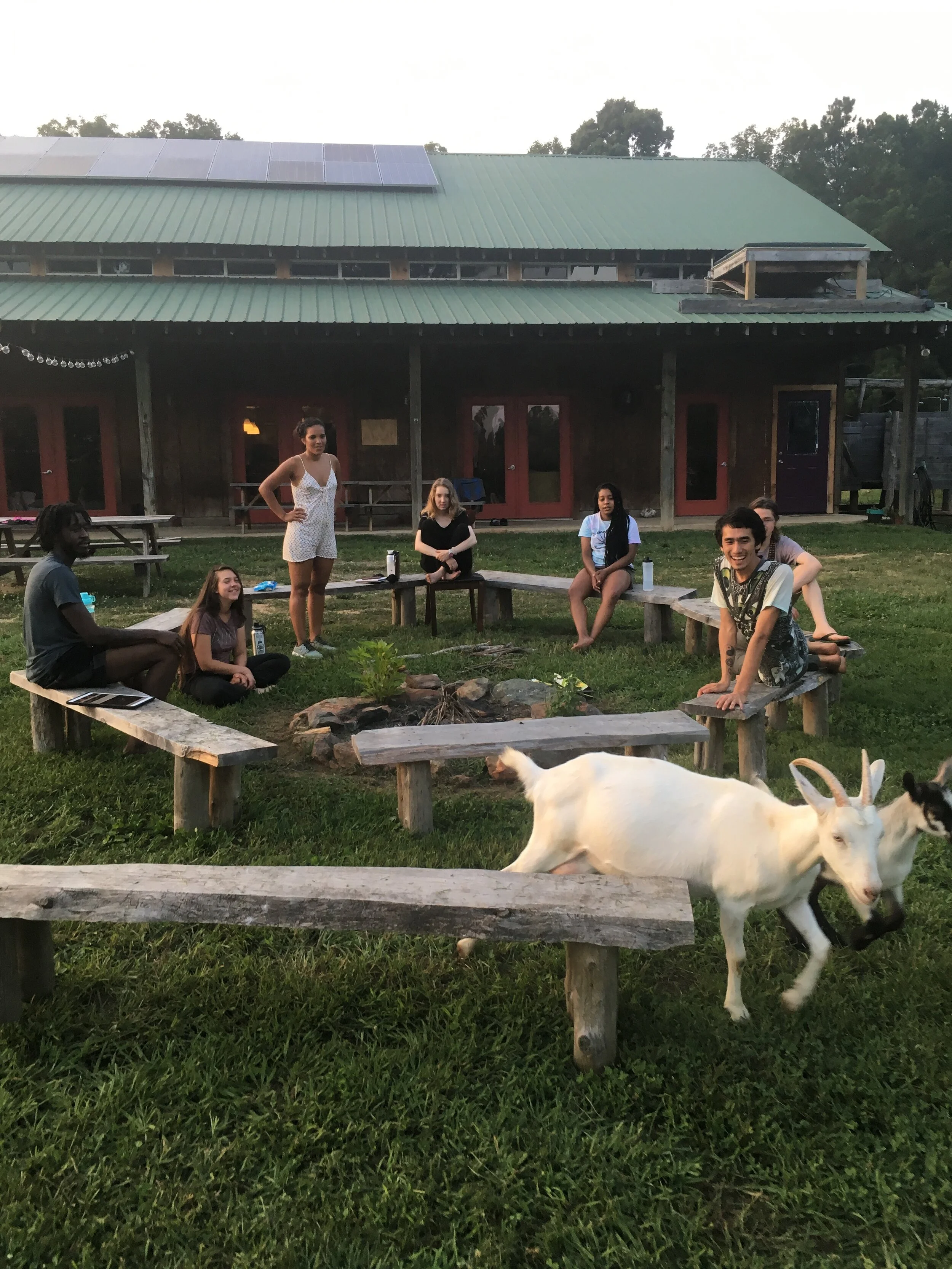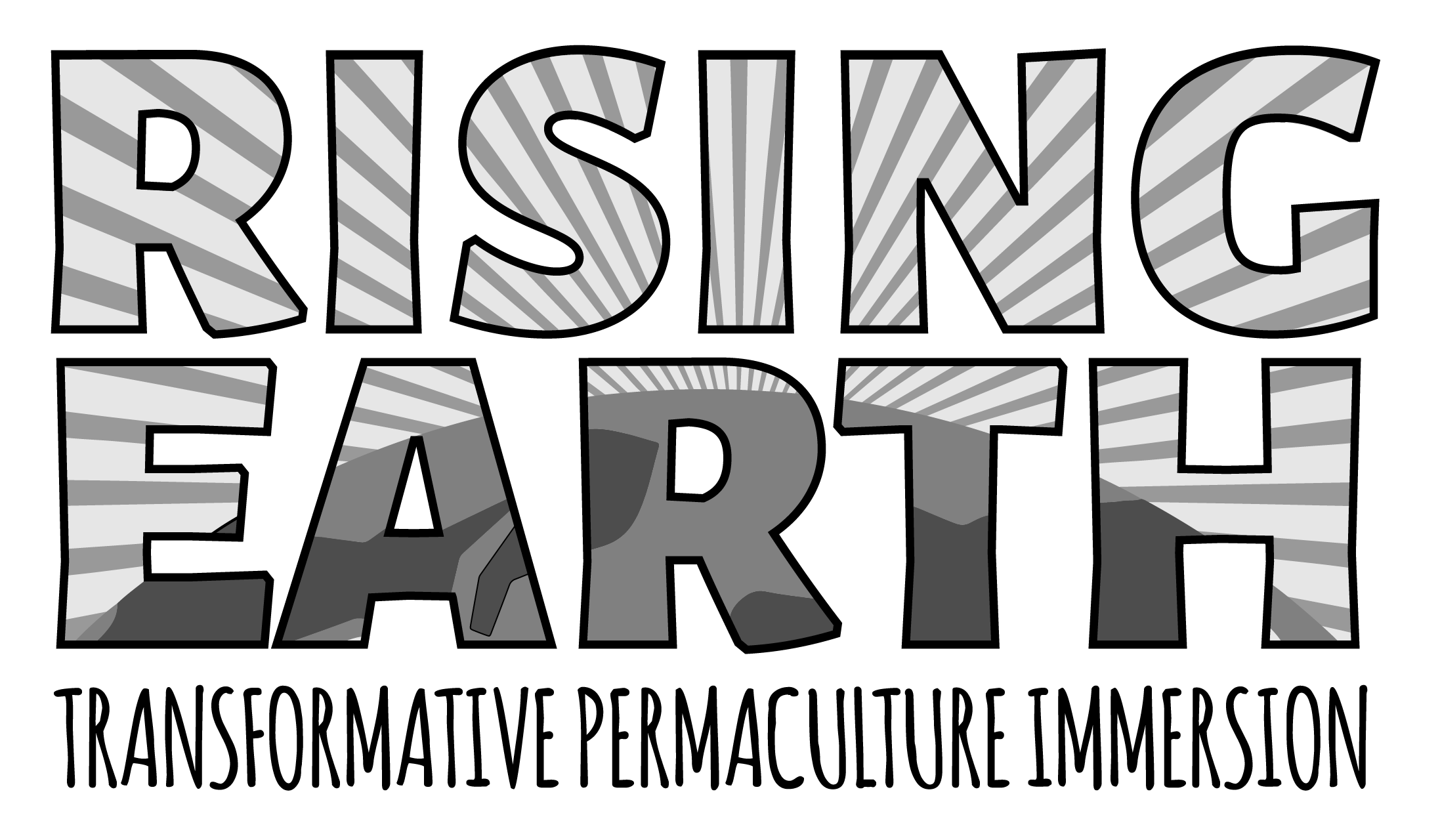A Case for Alternative Education
Things are changing so fast these days, I don’t even know how to start an email anymore, never mind a blog post. So I’m just going to jump right to it:
I think small-scale, alternative education is more relevant now than ever.
Particularly, programs that take place outside, are relatively insular, and offer participants sustainable ways to engage with activism to bring about the changes that they so clearly understand are needed in the world today.
With university prospects for a traditional in-person experience for the 2020-2021 school year already looking grim, and higher education journals encouraging students to prepare for an online fall semester, alternative options for prospective undergraduates are gaining traction.
What educational experiences are still available to you?
Last week, a 20-year college professor urged high school seniors to opt for something other than college this fall. In her post on Medium she wrote:
“As an admitted freshman, it is not your responsibility to spend a fortune or go into debt to help a cash-strapped financially-mismanaged institution stay afloat. If they won’t be around a year from now without your tuition dollars, you’re better off finding that out without enrolling and accepting the substandard education that will be the best they can do under these circumstances.”
Professor Klein offers a few worthwhile suggestions for alternative engagement during the 2020-2021 school year, including learning online. But if engaging from home has always been an option, why do so many young adults make tremendous sacrifices to go off to college every year?
Because a structured learning experience, in which mentors guide you along a path of growth, delivers tangible outcomes. Because in college (and gap year programs, summer camps, etc.), young adults build meaningful relationships and find people who care about what they do. Because getting away from home and out of your childhood-developmental environment accelerates emotional maturity and builds essential life skills.
A case for experiential education
The foundational principle of experiential education is that genuine learning comes through experience. Experiences like being pushed out of your comfort zone, building resilience and tenacity in the face of uncertainty, and distilling learnings into everyday life. Like… the experience we are all in now! Those of us who have the privilege of thinking beyond surviving it are faced with the opportunity to apply what we’re learning into a better way of living on this planet. And, if we’re lucky, the chance to collaborate on what we’re learning with a small community of peers whose concerns mirror ours, and whose dreams are complementary. What we could dream up together!
If you had plans to attend university this fall, you might be focused on what you’re missing out on right now. I encourage you to think instead about what you could do. Get out in the fresh air. Identify your big questions. Look for new stories in your old relationships. Get in touch with your body. Test out which self-care practices work best for you. Unplug from all the external content and media pressures, and tune into your inner drive. Develop your capacity to express yourself. Build a healthy relationship with change. Gain a broader perspective of our shared cultural moment. Strategize creatively about your goals. Clarify what matters to you.
Small-scale, big shifts
One thing I know is that there are amazing alternative education programs out there, designed to foster that which is alive inside of you. Just this week and last, the increased relevance of the gap year option for current college students was highlighted in both the New York Times and on Good Morning America.
Yes, the future is uncertain, but we all need things to look forward to. And small-scale programs have more ability to adapt quickly and respond to change than large institutions. Plus, smaller group size and flexible refund policies will both afford you peace of mind as you invest in your future.
Here’s my suggestion: if you are a college-aged person, and you have the resources to get out of the house, consider an alternative education this summer or upcoming school year. Especially one that doesn’t involve thousands of peers, tens of thousands of dollars of debt, or Zoom.
Rising Earth Immersion
Why, yes, we do offer an alternative, experiential, small-scale, land-based educational program for young adults at The Eco-Institute! We have always believed that our Rising Earth Immersion is the program most needed in our world. And now, we know that even more than ever.
Author: Alison Sever
Program Director at the Eco-Institute
Alison balances curiosity and skepticism when designing programming for a better world. She comes to The Eco-Institute from her native New England, where she co-directed a land-based gap year program at a summer camp and farm. A gap year alum herself, and current co-chair of the Gap Year Association Alumni Committee, she has mentored dozens of emerging adults—both high school and gap year students—on diverse leadership development experiences all over the world. Her facilitation style is largely influenced by her backgrounds in intercultural and outdoor education, as well as her training in contemplative practices including yoga and the Buddhism-inspired eco-philosophy The Work That Reconnects. Most recently she is growing her edge as a gardener, herbalist, and fermenter's apprentice.
Follow up note from Alison
From what we can see from here, colleges that tend to accept gap year deferrals are still accepting deferral requests from students, but a few might be accelerating their timelines. Some are as early as May 1. If you're thinking about deferring your enrollment, we recommend that you check about the deferral policies for your institution and that you make the request ASAP. Needs tips on writing a deferral letter? Just give a shout! I have experience with this process, and I'm happy to help <3


